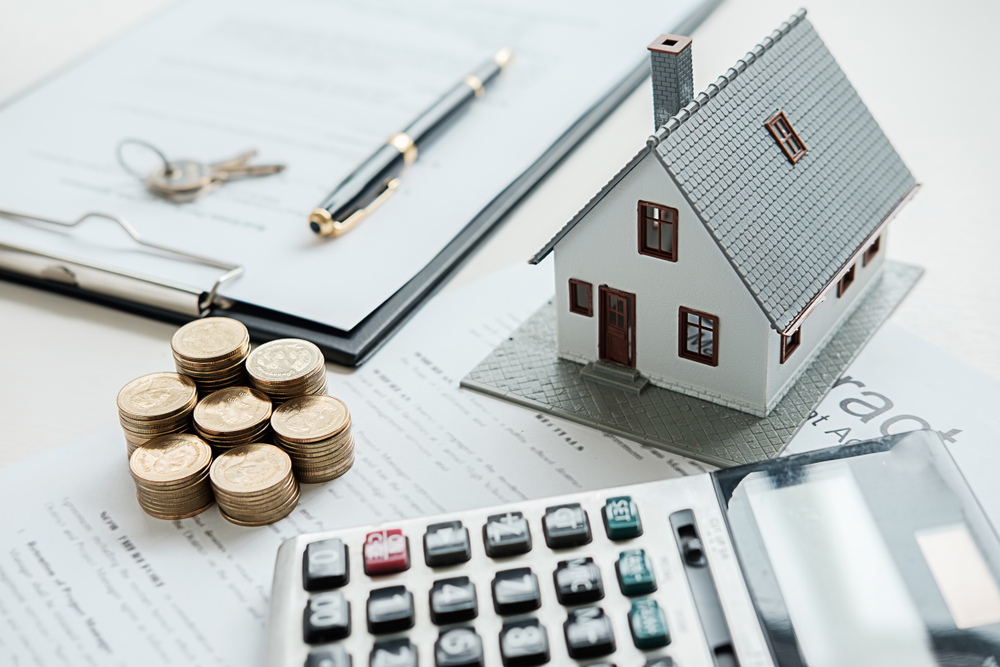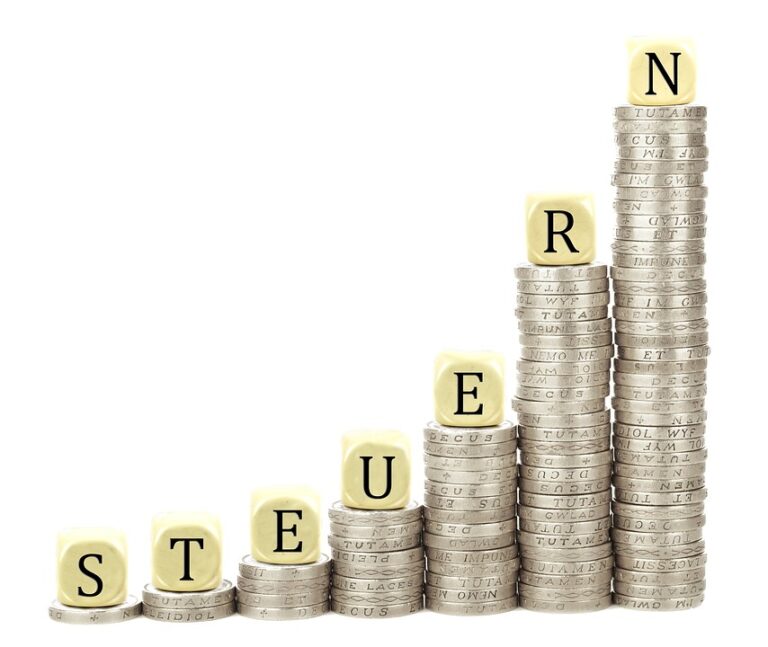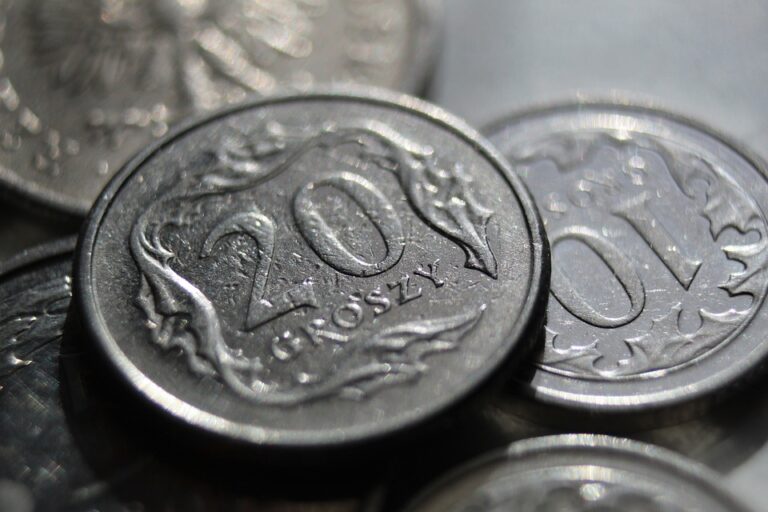Last updated Mar. 20, 2023 by Charles Zemub
The 36% rule is a good guideline that may be followed when evaluating what price range of a property you can afford to purchase.
Your total monthly debt payments (student loans, credit card payments, car notes, and more), along with your projected mortgage, homeowners insurance, and property taxes, should never add up to more than 36% of your gross income.
This includes all your debts, including credit card payments, car notes, and student loans (i.e., your pre-tax income). The purchase of a new house is sure to be an exciting time in your life, but it should also leave you feeling fulfilled and safe financially.
You don’t want to find yourself in a situation where your income is barely sufficient to meet all of your commitments, whether they be payments on your mortgage or other debts, utilities or food, or anything else.
To calculate how much home you can afford, simply follow these five steps:
1. Figure out 25% of your take-home pay
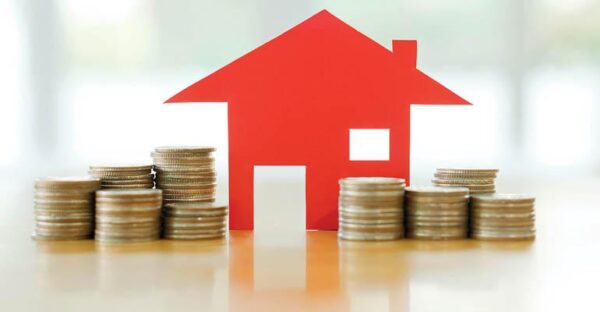
Use the 25% rule to determine how much house you can afford: Never devote more than 25% of your monthly take-home pay (after taxes) to mortgage payments. Following this rule keeps you safe from buying too many houses and ending up poor. I want your home to be a blessing, not a curse.
Suppose you make $5,000 a month (after taxes) (after taxes). According to the 25% guideline I outlined, it implies your monthly housing payment should be no more than $1,250. (That includes the principal, property taxes, HOA fees, etc.)
Stick to that number and you’ll have plenty of room in your budget to tackle other financial goals, like investing for retirement or saving for your kid’s college.
2. Use our mortgage calculator to establish your house budget
Sure, you could crunch the numbers yourself by dividing a home price by 180 months (a 15-year mortgage) and then multiplying the decreasing monthly principal balance by your interest rate. But if you’re anything like me, even reading that formula made you perspire.
To spare yourself the time and trouble of performing a ton of arithmetic, utilize our handy-dandy mortgage calculator. This is just a ballpark figure!
Don’t forget that grown-up stuff like property taxes and home insurance will top off your monthly payment with another few hundred dollars.
If your down payment is less than 20%, you must add private mortgage insurance (PMI) fees to your monthly payment (we’ll explain that later). And if you’re looking at a property that’s part of a homeowners association (HOA), you’ll need to figure in those nice fees as well.
I realize it seems like a lot to keep track of, but let’s look at an example. If you use our mortgage calculator and type in a house worth $198,000 with a 20% down payment at a 5% interest rate, you’ll see that your maximum monthly payment of $1,250 increases to $1,506 when you throw in $182 for taxes and $71 for insurance.
To reduce that figure back down to a monthly housing budget of $1,250, you’ll need to cut the price of the property you can afford to $163,000.
3. Don’t forget to take closing costs into account.
All right, don’t panic out here. But a down payment isn’t the only cash you’ll need to save up to buy a home. There are closing costs as well to think about.
On average, closing costs are about 3–4% of the purchase price of your home.1 Your lender and real estate agent will tell you exactly how much your closing costs are so you can pay them on closing day.
These costs cover important parts of the home-buying process, such as:
- Appraisal fees
- Home inspections
- Loan origination fees
- Credit reports
- Attorneys
- Home Insurance
- Property taxes
Don’t forget to factor your closing costs into your overall home-buying budget. For example, if you’re acquiring a $200,000 property, increase that by 4%, and you’ll receive an anticipated closing fee of $8,000.
Add that amount to your 20% down payment ($40,000), and the total cash you’ll need to purchase your home is $48,000.
If you don’t have the extra $8,000 for closing costs, you should either wait to buy a house until you have the money or set your home price range a little lower.
Whatever you do, don’t let the closing costs keep you from making the biggest down payment possible. The bigger the down payment, the less you’ll owe on your mortgage!
Good Read: How to buy a home without a mortgage
4. Consider homeownership costs
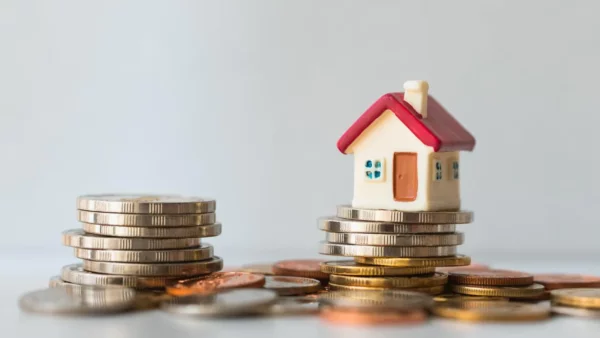
Here’s the truth: Owning a home is expensive. Between repairs, upgrades, and maintenance, those bills can add up. Your emergency fund of 3–6 months of expenses can cover major home disasters.
But if you’re planning home upgrades or are a first-time homeowner, add a room to your monthly budget to cover unexpected expenses.
These costs can include the following:
- Increased utilities: On average, if you’re accustomed to spending $100–150 on utilities as a renter in an apartment, you could need to push up that budget closer to $400 a month as a homeowner.
- Maintenance and repairs: Most homeowners spend roughly $3,200 annually on home upkeep projects. This might include things like gardening or basic services like pest control and HVAC tune-ups.
- Upgrades and additions: Minor home upgrades can cost major bucks, so you must plan for that in your budget. For example, a modest kitchen makeover may cost over $26,000.4
5. Save a bigger down payment to make your home more affordable
Remember, your down payment greatly impacts how much home you can afford. The more cash you put down, the less you’ll need to borrow. That means lower monthly mortgage payments and a faster timeline to pay off your home loan. Just imagine a home with zero payments!
Now, I will always tell you the best way to buy a home is with 100% cash. But if your timeline doesn’t allow for saving up to pay cash, you’ll probably get a mortgage. That’s okay!
Just save up a down payment that’s 20% or more of the house price. If you’re a first-time home buyer, a 5–10% down payment is okay—but you’ll have to pay that bothersome private mortgage insurance (PMI) (PMI).
PMI is an annual charge normally costing 1% of the loan amount. In addition to your monthly payment, there is another expense. It safeguards the mortgage company in case you default on your payments, and they are forced to seize the property (aka the dreaded foreclosure).
You can also read: What is next after mortgage payoff: mortgage 101
How to calculate your home affordability
You may use several approaches to determine whether you can afford a property. To do this in the most expedient manner, just input your information into our calculator located above.
Your debt-to-income ratio or the budget you have in mind for your future house may be input into our home affordability calculator.
For the first way, you will need your gross monthly income and your monthly debts; for the second option, you will need the monthly payment amount you want to make.
Both approaches will need the amount of your down payment, your state, your credit rating, and the kind of house loan you have.
After you have entered all of the information per the method you selected, our calculator will notify you of the highest amount you can pay for a property and the approximate amount you will be required to pay each month.
How much house can I afford based on my salary?
You have a family income of $40,000, and you want to know how large a home you can afford to buy with that amount. $60,000? 100 000 dollars or more? Use our mortgage income calculator to examine different scenarios.
By entering the price of the property, the amount of the down payment you anticipate making, and an expected interest rate on the mortgage, you will be able to determine how much monthly or yearly income you would need, as well as how much of a loan a lender could be willing to give you.
The calculator also provides an answer to the topic from a different perspective. For instance, what annual income is required to purchase a home that costs $300,000? It’s simply one more approach to familiarize yourself with the ability to purchase a property you may already have or wish to acquire.
How much house can I afford, Dave Ramsey
Remember, this means you should never purchase a property with a monthly payment of more than 25% of your monthly take-home income on a 15-year fixed-rate conventional mortgage. Dave Ramsey has told his listeners to follow the 25% rule when purchasing a home for decades.
People learn at Ramsey Solutions that they cannot afford to buy a house until they have paid off all of their debt, have an emergency fund that can cover three to six months’ worth of expenses, and have a down payment that is at least five to ten percent of the home’s purchase price.
First-time buyers can put down as little as five to ten percent. Why is it necessary to go through all of this? Because unforeseen costs or job loss may be devastating to a person’s financial situation, especially if they are simultaneously attempting to pay off debt and keep up with their mortgage payments. That must not occur to you under any circumstances.
How does your debt-to-income ratio impact affordability
Your total monthly debts (for instance, your mortgage payments, including payments for insurance and property tax) are compared to your total monthly pre-tax income as part of the DTI ratio, which is an important metric that your bank uses to calculate the amount of money that you are eligible to borrow.
It is possible that you will be approved at a larger ratio depending on your credit score, but generally, the amount you spend on housing shouldn’t be more than 28% of your monthly income.
Your debt-to-income ratio (DTI) equals 28% of your monthly income before taxes if, for instance, your monthly mortgage payment, including taxes and insurance, is $1,260, and your monthly income is $4,500 before taxes. (1260 / 4500 = 0.28).
You may also do the procedure in reverse to find out how much money you should set aside for housing by multiplying your salary by 0.28.
In the previous example, this would make it possible to have a DTI of 28% with a mortgage payment of $1,260. (4500 X 0.28 = 1,260)
Frequently Asked Questions?
1. How much house can I afford with a 40k salary?
With an annual income of 40,000k, a person has the purchasing power to buy a home that costs around 223,538k, excluding property taxes and homeowner’s insurance.
2. How much house can I afford with a 100k salary?
When planning a house purchase budget, the 28% rule is often regarded as optimal by professionals. As this guideline suggests, housing costs shouldn’t exceed 28% of your take-home pay. Consequently, if your annual salary is precisely $100,000, your monthly income would be $8,333.33.
3. How much house can I afford via loan?
The VA backs loans for persons with greater ratios as long as they fulfill other standards, even though the maximum debt-to-income ratio for VA loans is established at 41% in the general rules.
Borrowers may qualify for VA loans with no credit score restrictions and no down payment, yet their credit score will still influence the borrower’s interest rates.
4. How much house can I afford in NC?
You should not spend more than 32 percent of your monthly gross income (income before taxes) on your total housing payment, which includes taxes and insurance premiums.
5. How much house can I afford in Florida?
In Flordia, you can afford houses as you want to buy because a very large portion of the shoreline has not been developed. Prices are higher in South Florida since the region has a limited land supply.
However, since there is a plentiful supply of property across the remainder of the state, costs for both land and residences are far cheaper.
6. How much house can I afford if I make 50k a year?
An individual with an annual income of $50,000 could be able to buy a home with a price tag ranging from $180,000 to almost $300,000, according to a general rule of thumb.
This is due to the fact that your yearly wage is not the only factor that goes into determining your budget for purchasing a property.
7. How much house can I afford, FHA?
Homebuyers with credit scores of 500 or above are eligible for Federal Housing Agency mortgages, which might help them purchase a house with less money down. You must make a 10% down payment if your credit score is under 580.
You might deposit as low as 3.5 percent if your score is 580 or better. There are restrictions on FHA loans, however.
8. How much house can I afford in texas?
A basic rule of thumb is multiplying your salary by at least 2.5 or 3 to obtain an idea of the highest house price you can afford when calculating how much mortgage you can pay.
Summary
Your ability to purchase a home is ultimately determined by your salary level, as well as your debt-to-income ratio and credit history. Luckily, both of these qualities may be enhanced over time by adopting sound financial practices.
As a further reaction to the Covid-19 outbreak, interest rates in the United States have dropped to levels not seen in over 20 years. This is great news for those looking to purchase a home since it means they can afford a more costly house without breaking the bank every month.
Finally, it might be useful to use a house affordability calculator to see whether purchasing a property is within your financial means, given your current wage and level of debt. This will help you better understand how much you can borrow for a home loan.

